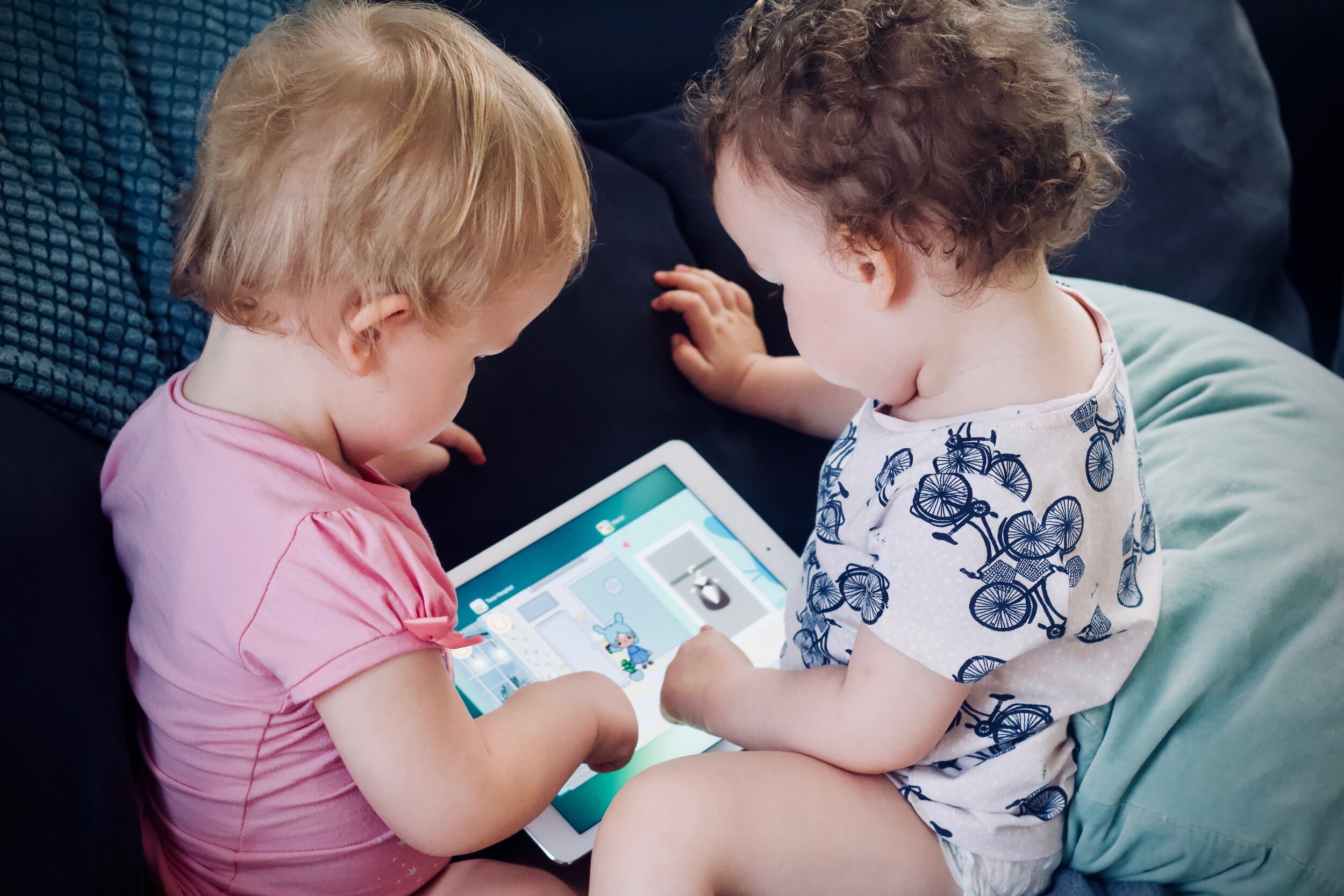
Given the accelerating pace of change around the globe, it is no surprise that the world of schooling, and more specifically, early education, is also undergoing massive transformations. As new technologies appear on the market and trickle down into classrooms, educators must be prepared to empower today’s students to take advantage of these advancements as they address the world’s most challenging problems.
At Housman Institute through our begin to ECSEL program, we start preparing children from birth to thrive and succeed in today’s world. We prepare students as early as possible with diverse skills they will need in the future for lifelong learning, well-being, mental health and success.
What are these skills? You may be thinking that the skills most needed for this technologically driven world are related to science, technology, engineering and math – and you wouldn’t be wrong. These skills are obviously very important and that is why at Beginnings we infuse our curriculum with STEAM curricula.
Last year, Microsoft commissioned research from the Economist Intelligence Unit to review how more than 750 educators from across the world view the relationship between emotional well-being and learning. In their research, they found that a growing network of teachers, researchers and psychologists are now calling for a more “foundational integration of social and emotional learning that recognizes how mindsets and moods shape children’s ability to acquire knowledge and understand themselves and the fast-changing word around them.”
At our lab school Beginnings Child Development Center, our mission from inception has been to educate the whole child, with a particular focus on emotional learning. At the root of the school’s philosophy is the research-based fact that children who engage with the begin to ECSEL program are set up for higher rates of academic success and emotional well-being throughout their lives. Begin to ECSEL was developed with the knowledge that the brain develops as a function of biology and environment, of genetics and experience, and that brain growth is most rapid within the first three years during a period of neuroplasticity.
Begin to ECSEL is built on this knowledge, capitalizing on this critical and formative time and maximizing the nurturing relationship with children’s significant caregivers to promote learning and social and emotional competencies in the context of the young child’s interactions with others and the surrounding world. Not only does a growing body of research support the importance of actively promoting these competencies from birth, but results from our scientific study measuring the efficacy of the begin to ECSEL program shows that young children who have received the emotional, cognitive and social early learning program, begin to ECSEL, demonstrate significant and quantifiable improvement in their emotional, cognitive and social competencies. Specifically, the program has been shown to significantly improve emotional competencies, self-regulation, empathy and other important social, emotional and foundational cognitive skills.
The research commissioned by Microsoft confirms what we suspected over 35 years ago, namely that the “skills centered in the interpersonal, empathic and creative realms could become the key human differential in the labor market of tomorrow, and those with strengths in these domains –innate or acquired—will be best placed to prosper.”
These Posts on Emotional Intelligence
Housman Institute, LLC
831 Beacon Street, Suite 407
Newton, MA 02459
info@housmaninstitute.org
(508)379-3012
Explore
Our Products
Legal
Connect
Contact
Join our Mailing List!
Subscribe to receive our newsletter, latest blogs, and ECSEL resources.
We respect and value your privacy.
No Comments Yet
Let us know what you think